Dr. Robert Pal participates in G-20 Youth Climate Change Panel in India
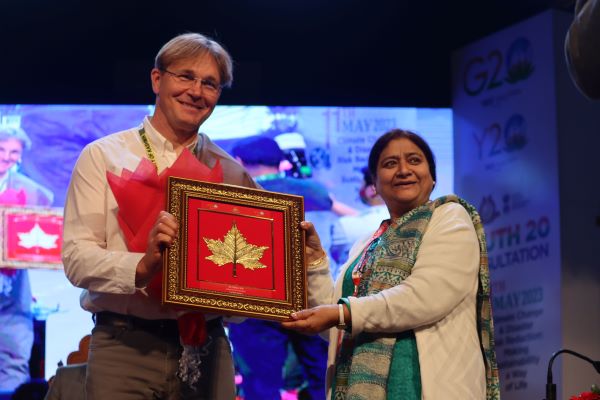
In mid-May, Montana Tech Professor Dr. Robert Pal traveled to the University of Kashmir in India as part of the G-20’s youth consultation forum, Y-20, which hosted scientists and youth delegates from around the world in a forum called “Climate Change and Disaster Risk Reduction: Making Sustainability a Way of Life.”
The G20 unites the most significant and critically influential economies worldwide. Its participants account for 85% of the global gross domestic product, 75% of global trade, and comprise approximately two-thirds of the global population.
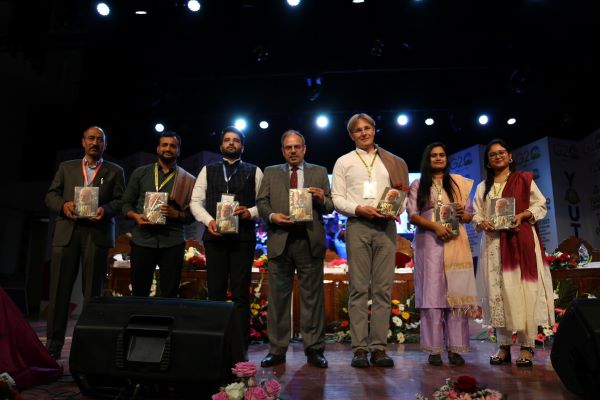
Pal, who founded the master’s degree and master’s and undergraduate certificate programs in Ecological Restoration at Montana Tech, was the only U.S. scientist at the event. Pal said restoration is a key part of tackling the challenges of climate change, as most of the world’s ecosystems have been impacted by mankind. He addressed the challenges associated with restoring mining-impacted landscapes, exemplified by areas like Butte, Montana. Additionally, he brought attention to the global implications arising from invasive plants, which pose a significant obstacle to achieving successful restoration outcomes.
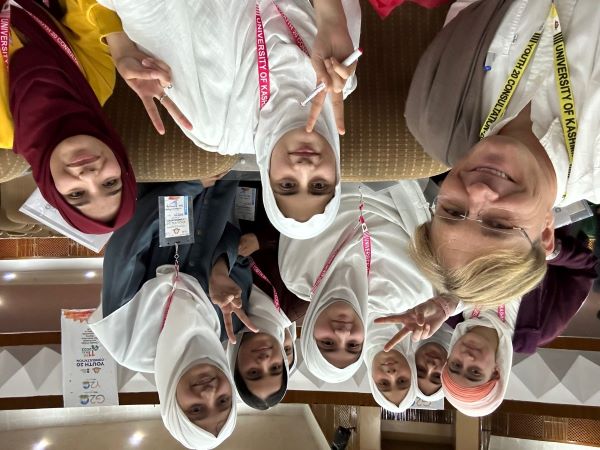
“Restoration is how we can mitigate intensive human impact,” Pal said. “Climate change impacts youth stakeholders the most, so it was a big honor to be a part of the Y20 panel.”
India overtook China as the world’s most populous country in April 2023, with a population of more than 1.4 billion people. Yet in 2020, it ranks third in global carbon dioxide emissions, compared to the U.S., which ranks #1, despite having a population of 331 million. India has pledged to reduce emissions by 45% by 2030.
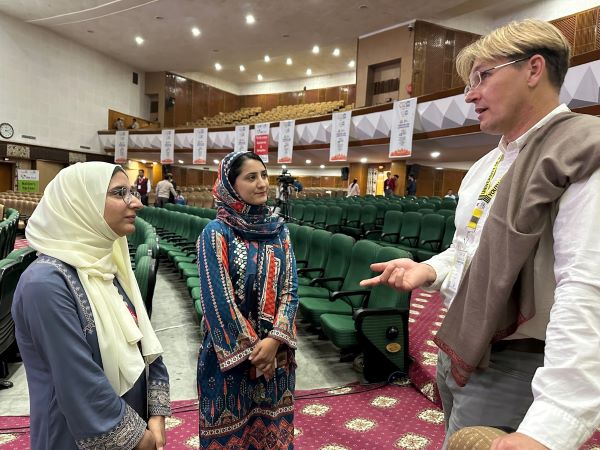
Pal, who recently became a U.S. citizen after immigrating from Hungary, saw stark examples of the nation’s commitment to reducing the impact of global climate change.
“I never saw so many electric cars in Delhi,” Pal said.
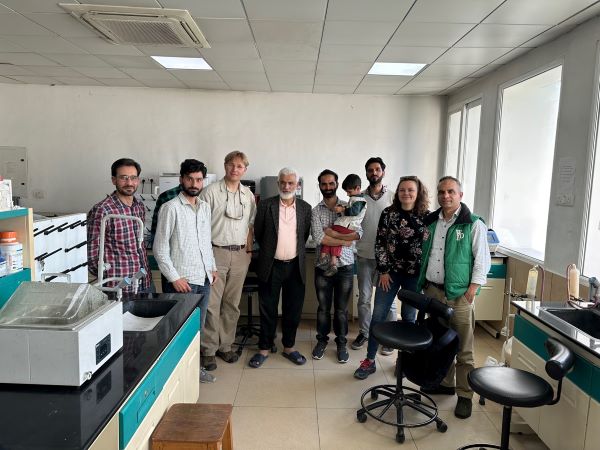
There also were parts of urban areas with large solar power arrays. Instead of plastic bags at the grocery store, reusable cloth ones were available for customers. In rural areas, Pal witnessed farmers harvesting crops with hand tools, rather than mechanized equipment.
Pal was able to visit the Himalayan mountains during the trip, and spoke to the press about how glaciers in Montana are facing the same existential threat of warming temperatures halfway around the globe.
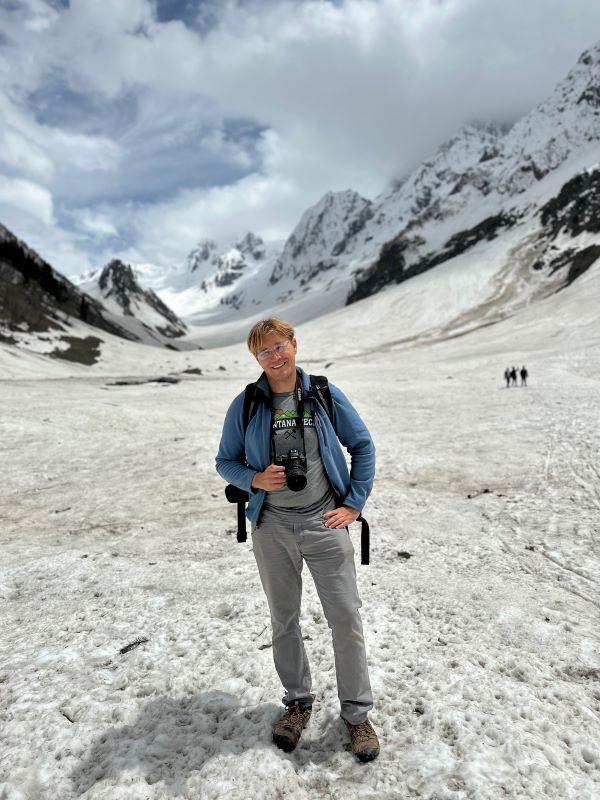
Pal’s participation in the summit resulted from an ongoing relationship with the University of Kashmir and Montana Tech.
In 2016, the University of Kashmir and Montana Tech were awarded a prestigious U.S.-India 21st Century Knowledge Initiative Award to investigate the impact of climate change on the interactions of invasive and native plant species in both countries. Pal worked on the project with Dr. Manzoor A Shah, Professor at KU’s Department of Botany. Dr. Martha Apple, Montana Tech Professor of Biology also contributed to the project.
“One important part of this ongoing collaboration was the 2018 visit by the Montana Tech Delegation to the University of Kashmir’s Department of Botany,” Apple said. “I was part of this delegation and was impressed by the graciousness of our hosts and inspired by the scientific conversations about the intersection of climate change with the dynamics of invasive and native plant species, which has major implications for agriculture, and thus food security, as well as on biodiversity. After returning from Kashmir, Montana Tech student researchers worked on the project, with one student presenting his part of the research at the American Geophysical Union’s Fall Meeting.”
In July 2019, a delegation from the University of Kashmir visited Montana Tech and gave several lectures. The visit also marked the world premiere of the documentary, Plant Invaders in Himalaya.
“Approaches to mitigating climate change at the human:environment interface in a meaningful way must be a global effort,” College of Letters, Sciences, and Professional Studies Dean Michele Hardy said. “Dr Pal’s engagement in this international conference and the reciprocal collaborations that result engage multiple stakeholders who can take advantage of the expertise in restoration ecology and environmental engineering at Montana Tech.”
Pal has more international collaboration planned for the year. He will be on sabbatical in Fall 2023 and plans to spend some of that time at the University of Camerino in Central Italy in the frame of an ERASMUS+ mobility fund for faculty, where he will work on a grant proposal to further a collaboration agreement between the Italian university and Montana Tech. ERASMUS+ is a student exchange program founded by the European Union in 1987.